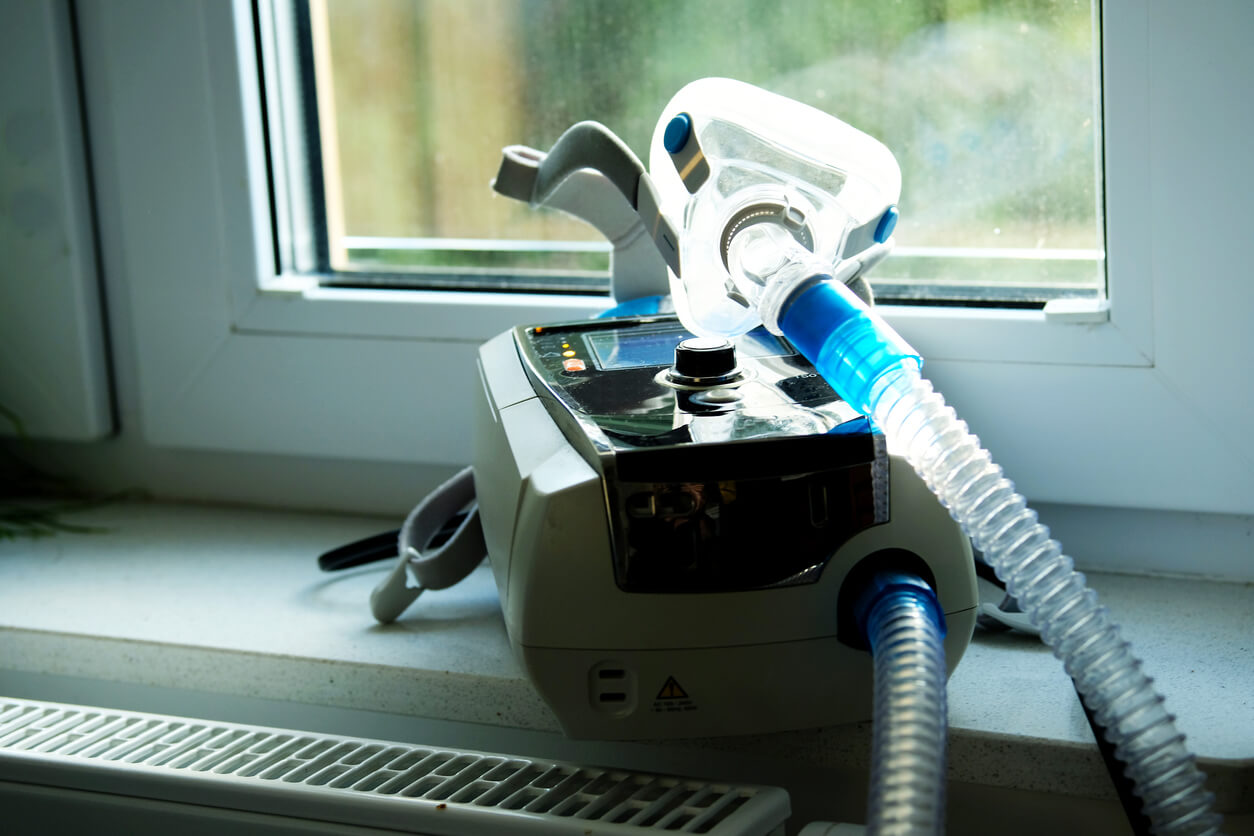Philips Reaches $1.1 Billion Settlement Over Faulty Respiratory Devices
Editors carefully fact-check all Consumer Notice, LLC content for accuracy and quality.
Consumer Notice, LLC has a stringent fact-checking process. It starts with our strict sourcing guidelines.
We only gather information from credible sources. This includes peer-reviewed medical journals, reputable media outlets, government reports, court records and interviews with qualified experts.

Philips has reached a $1.1 billion settlement to address lawsuits over its defective DreamStation sleep apnea machines, with payments scheduled for 2025.
The settlement, mediated by court-appointed Judge Diane M. Welsh, resolves around 58,000 claims involving personal injuries and the need for medical monitoring linked to its Philips Respironics devices, the company said.
About $1.075 billion will settle the personal injury claims and $25 million for medical monitoring claims, along with a separate, uncapped settlement for economic losses starting at $506.3 million, Law360 reports.
Despite plaintiffs alleging injuries due to degraded foam in the devices, Philips and its U.S. subsidiary have not admitted any fault or liability, according to the company’s statement released in late April.
“Patient safety and quality is our highest priority, and we have taken important steps in further resolving the consequences of the Respironics recall,” Philips CEO Roy Jakobs said in the statement.
“The remediation of the sleep therapy devices for patients is almost complete, and the test results to date show the use of these devices is not expected to result in appreciable harm to health. We do regret the concern that patients may have experienced. The approved consent decree and economic loss settlement, and now the resolution of the personal injury and medical monitoring litigation in the U.S., are significant milestones and provide further clarity on the way forward for Philips.”
The settlement will be funded by the company’s cash flow, addressing the legal challenges it has faced since the 2021 recall of its Philips CPAP devices.
Sleep Apnea Patients Claim Harm by Devices
Patients who used the Philips DreamStation sleep apnea devices claimed they were injured from the poor product design and the defective foam on the recalled devices.
Sound abatement foam, meant to quiet the sound of the machine while it’s on, was found to degrade and release bits of black foam and gases that the user then inhaled. People claimed they developed cancer and other respiratory issues because of the issues related to the PE-PUR polyurethane foam.
The company recalled millions of its devices, about 80% were CPAP machines used to treat sleep apnea and the other 20% were ventilators. The U.S. Food and Drug Administration classified the Philips CPAP recall as a Class I recall, the most serious type of recall for products that could lead to death or serious injury.
Details of Philips Settlement
Under the terms of the settlement, all eligible individuals, whether they have previously filed a claim, joined the census registry or taken no action, have six months from the date of the settlement to register for it.
The company said that it would seek a case management order known as a Lone Pine Order. This requires claimants to show evidence of injury, exposure or causation to continue their claims, or else they may be dismissed.
“Ultimately, these combined agreements accomplish what we sought to achieve when this litigation began — holding Philips accountable by obtaining care for those with physical injuries and compensation for those needing new respiratory devices,” the council for the plaintiffs told Law360 in a joint statement.
“We extend our thanks to the court-appointed mediator, Judge Diane Welsh, for her invaluable guidance which led to this resolution, and we will provide more information to eligible claimants and their legal counsel once the agreements are finalized and filed.”